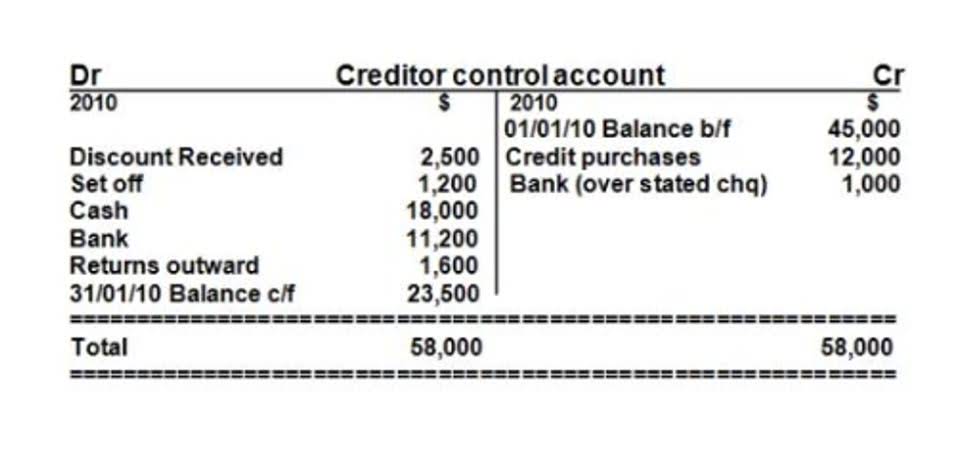Understanding and Applying GAAP for Nonprofits: FAQ Guide
To act sincerely and in good faith, your organization needs to honor your commitments to use those funds as the...

To act sincerely and in good faith, your organization needs to honor your commitments to use those funds as the donor or grantmaker intended. Plus, these contributors have the right to sue your nonprofit for misuse of funds if you don’t respect their official wishes—another way GAAP and legal requirements for nonprofits align. Classifications for contributions; donors may set limits on how their gift can be used, or they might allow the nonprofit to use the funds however they wish. Does it sometimes seem like you and your accountant are speaking different languages? The terminology of nonprofit accounting can get confusing, especially if you’re one of the 21% of nonprofit finance professionals with no formal training in accounting.
Functional Expenses
That comes into play when we examine how nonprofit accounting differs from the best practices a for-profit organization might follow. It’s common for leaders to feel intimidated by nonprofit https://www.bookstime.com/ accounting, with its many nuances and regulations. We aim to help you better understand how to introduce compliant and efficient practices that support your organization’s growth.

Fundamentals
For-profit firms aim to maximize profits, while non-profits focus on the organization’s mission. Non-profit accounting involves GAAP rules for fund accounting, which is not used in for-profit businesses. Additionally, non-profits need to comply with regulations specific to their non-profit status, such as maintaining donor restrictions and adhering to IRS guidelines. In summary, proper budget planning and monitoring are essential to maintain a nonprofit’s financial health and ensure its ability to serve its mission effectively.
Use specialized software.
When you have accurate numbers for the cost and projected revenue of fundraising campaigns, you can end your campaign in the black and amplify programming. By understanding how well you have kept to your original budget, you can make adjustments that lead your programming through the entire year, increasing your impact. GAAP stands for Generally Accepted Accounting Principles (GAAP), and they are guidelines nonprofit accounting that all accounting professionals must follow. It’s imperative financial professionals understand the current GAAP rules and any changes that happen throughout the years. Below is a list of best practices while managing your books, which will help protect your organization’s financial data. It is recommended you read up on the IRS’s latest rules and regulations to supplement these best practices.
Ready to spend less time managing your donors and more time engaging them?
- Meanwhile, organizations with impactful and effective accounting will be more likely to allocate their resources appropriately and drive their mission forward.
- Your nonprofit’s donors have the right to set restrictions on the donations they contribute to your organization and grant funders want to make sure their funds are spent on the agreed-upon programs.
- While you may not have entered the nonprofit sector to become a financial expert, nonprofit accounting is vital to the success of your organization.
- By handling your nonprofit’s accounting responsibly, you’ll earn the trust of donors and foundations and more easily accomplish your goals.
- Even if your nonprofit consists of only two employees, there should still be a “checks and balances” system in place.
- Some of the revenue your nonprofit receives will be restricted, or set aside for specific purposes by the contributor.
Proper accounting and financial management are necessary for nonprofit organizations to stay viable and remain accountable to the public, donors, funders, and other stakeholders. The delegation also helps alleviate leadership of day-to-day accounting tasks and allows them to focus on other organizational objectives. Fundraising forms a vital component of a nonprofit’s revenue management strategy. It typically involves organizing events, running campaigns, and soliciting donations from individuals, corporations, or other organizations.
How to Think Differently about Your Money: Capital Explored - Non Profit News - Nonprofit Quarterly
How to Think Differently about Your Money: Capital Explored - Non Profit News.
Posted: Wed, 12 Apr 2017 07:00:00 GMT [source]
- The classification of which is dependent on what the underlying purpose of the expense was for.
- Nonprofit accounting is the practice of budgeting, allocating, recording, reporting, and making decisions about funds flowing in and out of your organization.
- Accounting and bookkeeping are often used in the same conversation because they are both critical to managing finances.
- Lutz is a business solutions firm for people seeking a partner to help energize and heighten economic and organizational success.

- Fund AccountingA system of accounting based on separating information into groups which reflect organizational divisions or donor-imposed restrictions.
- The term may also refer to a member of a governing board or to the “directors” in a corporate trust.
- That is, gifts for the purpose of life income agreements are not federally deductible at their full value.
- Nonprofits can always choose to outsource with an accounting firm for further expertise and ease.
- We’ve covered briefly the differences between nonprofit and for-profit accounting practices.
Experienced Board Members Need Board Training Too
- Functional expenses refer to the allocation of costs among different organizational activities.
- In addition, when audit results are published for the public, the results aid in financial transparency with your current and future donors.
- For example, person A gives property in trust, with person A as trustee, to pay income to person B for life, and then to give property over to person C, free and clear.
- Create a regular cadence for budget review with key players on your team to ensure it evolves with your organization and priorities.
- Nonprofits have a public ownership, which means nobody owns shares of the company or interests in its property.
- Nonprofit accounting can be easy with the support of internal solid processes and supportive software.
- Mistakes are often unintentional, arising from a lack of oversight or experience.
